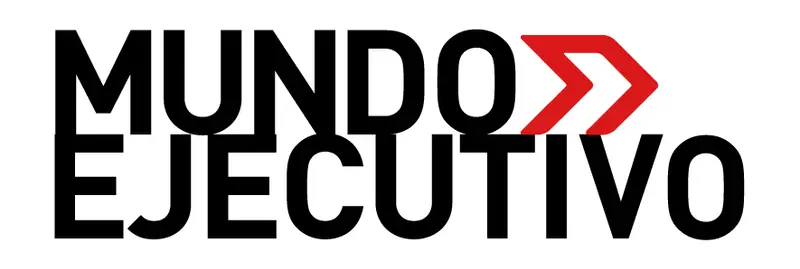Introduction to the Political Crisis
The political landscape in South Korea is currently fraught with tension as President Yoon Suk Yeol grapples with the implications of a recent impeachment motion against him. This situation arose after Yoon attempted to impose martial law in a controversial move aimed at addressing what he described as ‘anti-state forces’ within the country.
Yoon’s Martial Law Declaration
Late last week, President Yoon’s declaration of martial law sent shockwaves through South Korea. It was a surprising action that stunned both the public and political analysts, evoking criticisms reminiscent of more autocratic regimes. His intention to use military powers to combat perceived threats to the state was met with immediate backlash, prompting calls for his resignation and questioning the legitimacy of his presidency.
Impeachment Motion and its Fallout
The ultimate challenge to Yoon’s leadership materialized in the form of an impeachment motion proposed by the opposition parties in parliament. However, on December 7, during a crucial vote in the National Assembly, Yoon’s party members strategically boycotted the process. This maneuver led to a failed vote, as the total number of votes cast did not meet the required threshold of 200 to validate any decision.
The Voices of Opposition
In the aftermath of the attempted impeachment, opposition leaders expressed their frustrations over the political tactics employed by ruling party lawmakers. The absence of significant participation in the voting process served as a stark reminder of the current political divide and the complexities of governance in South Korea. National Assembly speaker Woo Won-shik lamented the missed opportunity for accountability, expressing disappointment over the lack of a decisive vote.
Public Reaction and Pressure on Yoon
As the political scene plays out, public opinion remains uncertain. Many citizens are concerned about the potential implications of Yoon’s actions and the future direction of the country. Yoon himself issued a public apology, reflecting on the backlash he faced and attempting to mitigate the fallout from his martial law declaration. Nonetheless, he stood firm against calls to resign.
Looking Ahead: Future of Yoon’s Presidency
What lies ahead for President Yoon Suk Yeol is still unclear. The Democratic Party, the main opposition group, has vowed to revive the impeachment motion next week if their initial attempt did not pass. As tensions continue to rise, the situation poses significant questions regarding the governance and political stability in South Korea.
Conclusion
This political drama highlights the ongoing struggle within South Korea’s government system, where power dynamics between the ruling party and opposition parties shape the future of democracy in the nation. The coming days will be critical in determining how President Yoon’s leadership will evolve in response to increasing scrutiny and calls for change.

